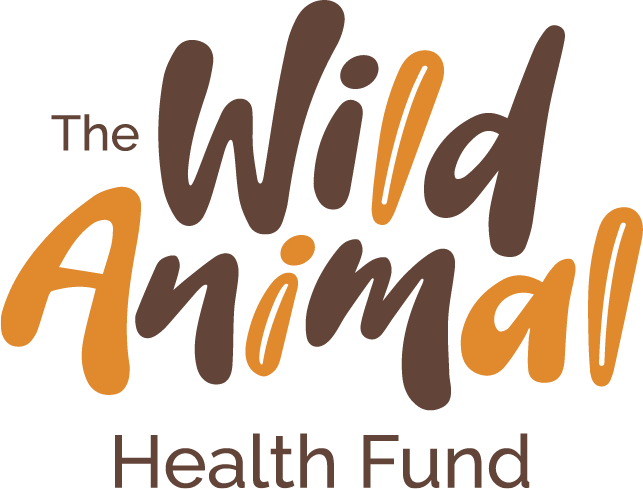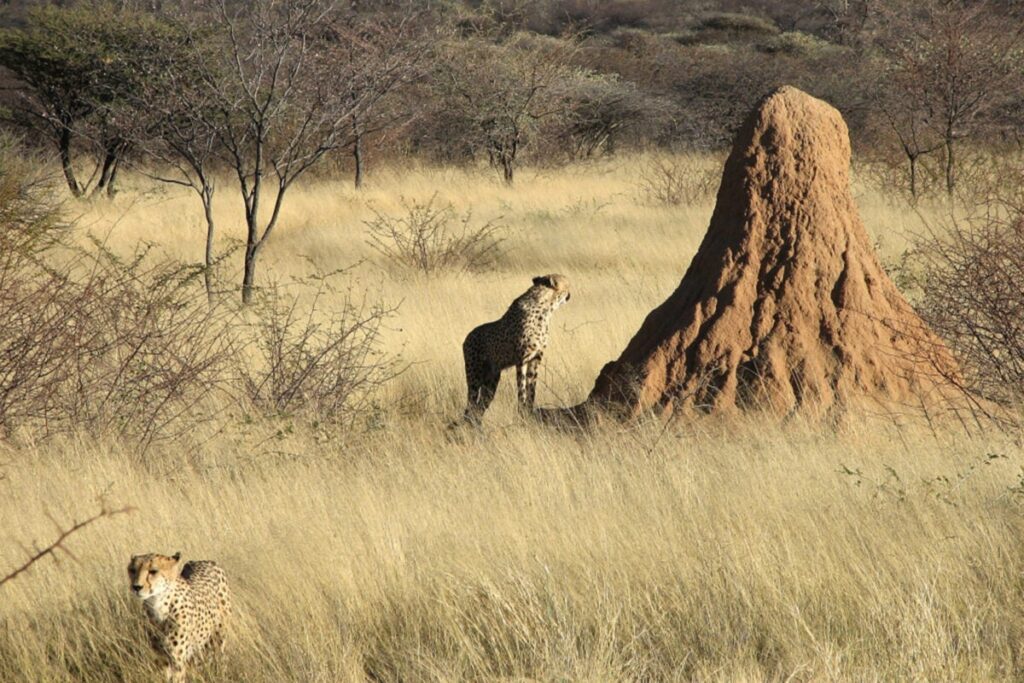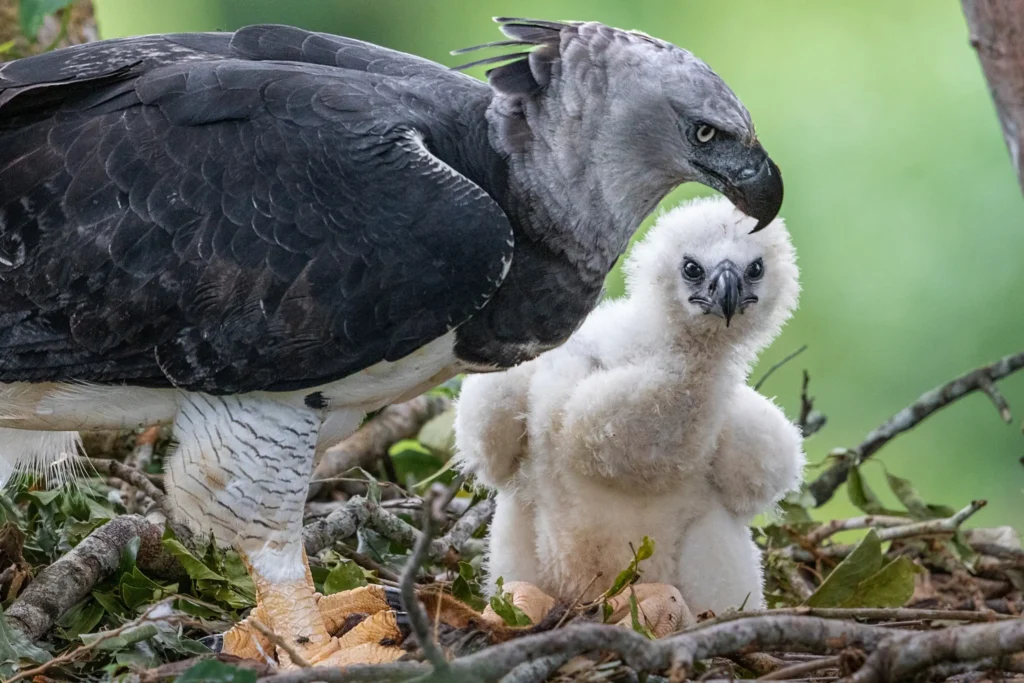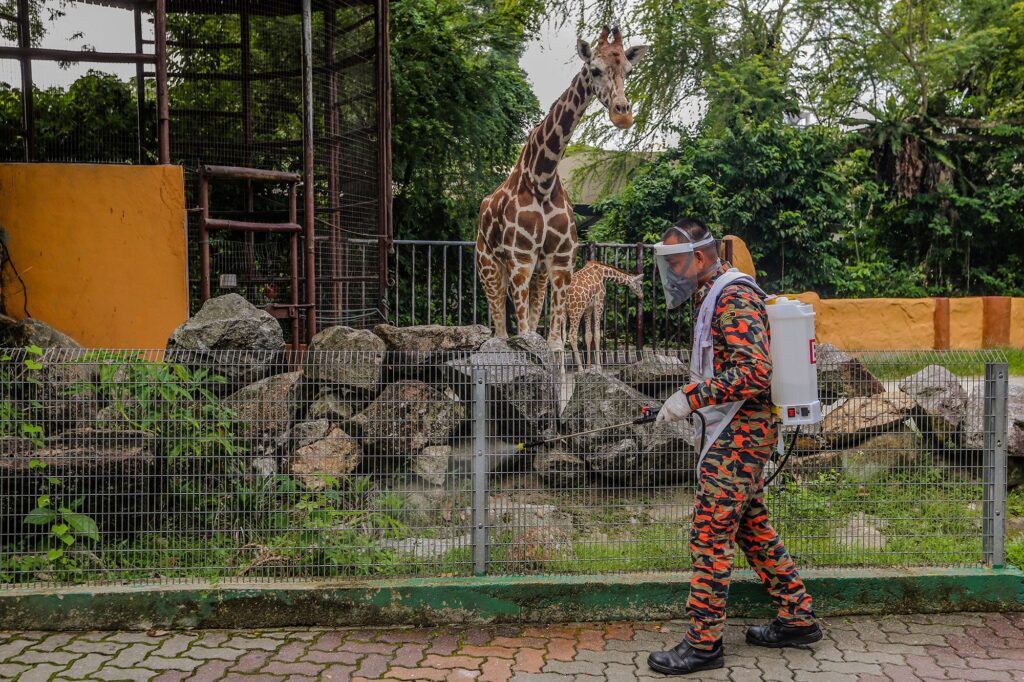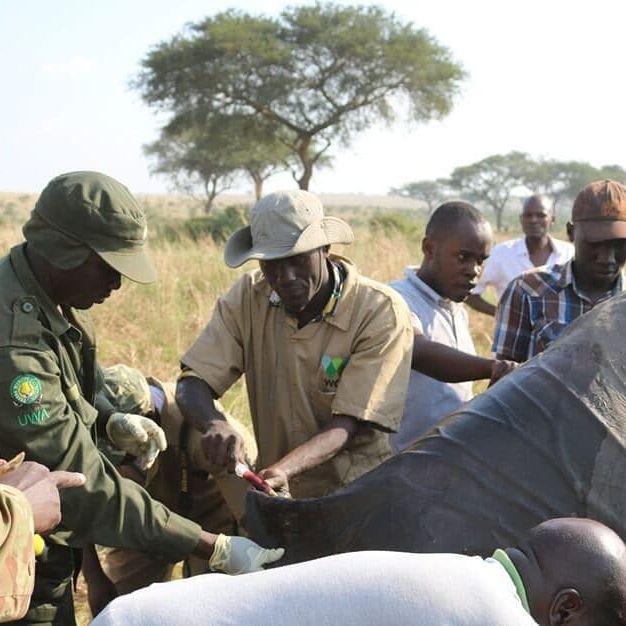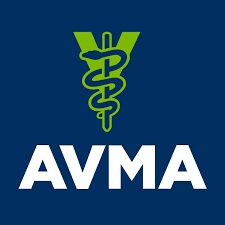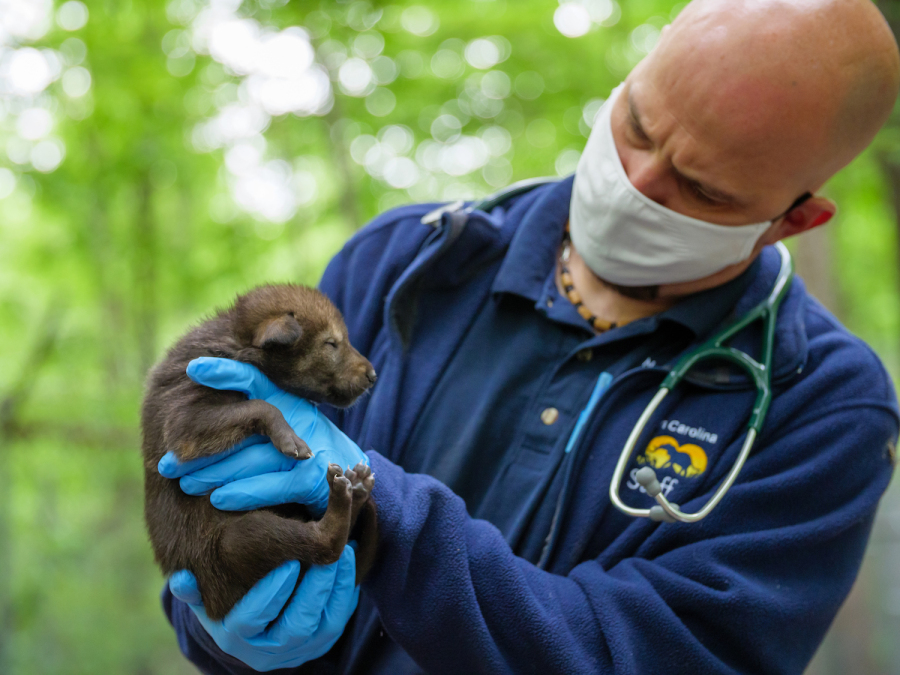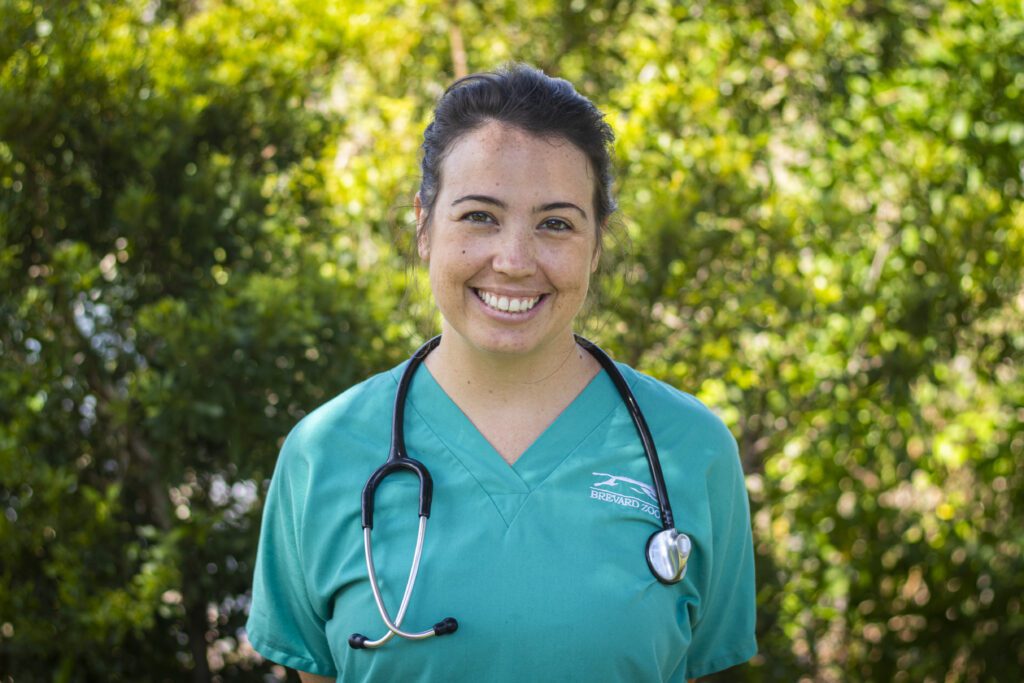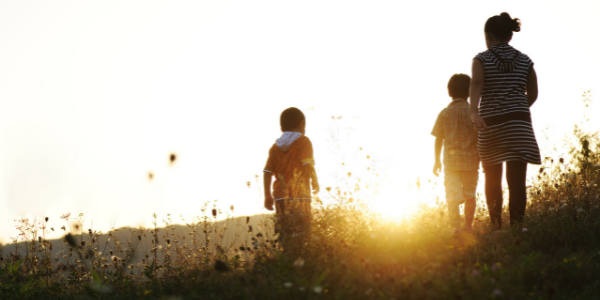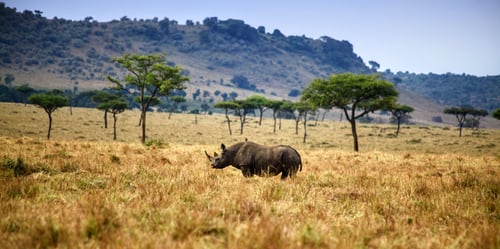Posts by Communications
Our Ecosystems Need the Little Guys!
The world’s ecosystems are incredible to observe. Each species has a role, much like an office! Also like an office or any workplace, there are the big fries and the little fries. Our ecosystems consist of animals, insects, plants, and microorganisms all working together to balance the Earth. Curious how the little fries affect the…
Read MoreBirds of Prey are Dying because of Rat Poison
Birds of prey or raptors are some of nature’s most incredible species. Sharp eyesight, strong talons, curved beaks, and their prey are some of the reasons humans are so fascinated by them. Examples of raptors include eagles, hawks, ospreys, buzzards, owls, and falcons. In addition to being incredible, these gorgeous birds also provide critical ecosystem…
Read MoreZoos During Covid
Light at the end of the tunnel While it’s true that nonprofits during covid struggled, things are starting to turn around. People are donating generously again, events are returning to face-to-face, and programs are being restored. Zoos have opened their gates once again for people to connect with wildlife and support conservation. Most organizations aren’t…
Read MoreOil in Uganda, Can it Cause Stress to African Elephants?
Among the 14 research projects the Wild Animal Health Fund approved and funded in 2021 is Dr. James Watuwa’s study on stress levels in African Elephants. Dr. Watuwa is a wildlife and zoo veterinarian with Uganda wildlife conservation education center (Entebbe zoo)as well as a co-founder of the Endangered Wildlife Conservation Organization(EWCO). Based in Murchison Falls,…
Read More2021-2022 Grant Recepients
Read a press release announcing our 2021-2022 grant recipients! These projects will further our knowledge of wild animals in need. The AVMA is the nation’s leading advocate for the veterinary profession. Representing more than 105,000 members, they protect, promote, and advance the needs of all veterinarians and those they serve.
Read MoreA Day in the Life of a Zoo Vet
Rhino surgeon in the morning, snake healer by evening! Follow along as we keep up with National Geographic featured Dr. JB Minter. Dr. Minter is the Director of Animal Health and zoo veterinarian at the North Carolina Zoo in Ashboro, NC. That’s all in a zoo vet’s days work! If you’d like to follow along…
Read MoreOil Development and African Elephant Conservation in Uganda
Watch Dr. James Watuwa, a Wild Animal Health Fund grant recipient, in action. Elephants have faced increasing pressure due to human influence. This study analyzed stress levels in African Elephants to better understand the relationship between pollution and elephant health status.
Read MoreConservation and…Ice Cream?
Dr. Kyle Donnelly is a zoo veterinarian at the Brevard Zoo and Sea Turtle Healing Center in Melbourne, Fl. Conservation and ice cream? Behind the scenes of your local zoo amazing things are happening. For the general public, a day at the zoo might mean eating ice cream while watching the penguins. The more perceptive…
Read MoreZoos are better for kids than theme parks
Remember the “got your nose” trick as a child? I’m not sure about you, but I always fell for it. That’s part of being a kid though, believing what you see and taking everything as it is. Kids are special in that way, and magic is still real. I think the zoo is the best…
Read More5 Careers that Help Animals (Wildlife Edition)
As a kid, I would have told you quite proudly that I was going to be an “animal saver.” My mom stopped pressing me about it after the 1000th lizard I rescued (by rescuing I mean bringing into the house as my new pet). Flash forward 20 years and while I’m not technically an “animal…
Read More